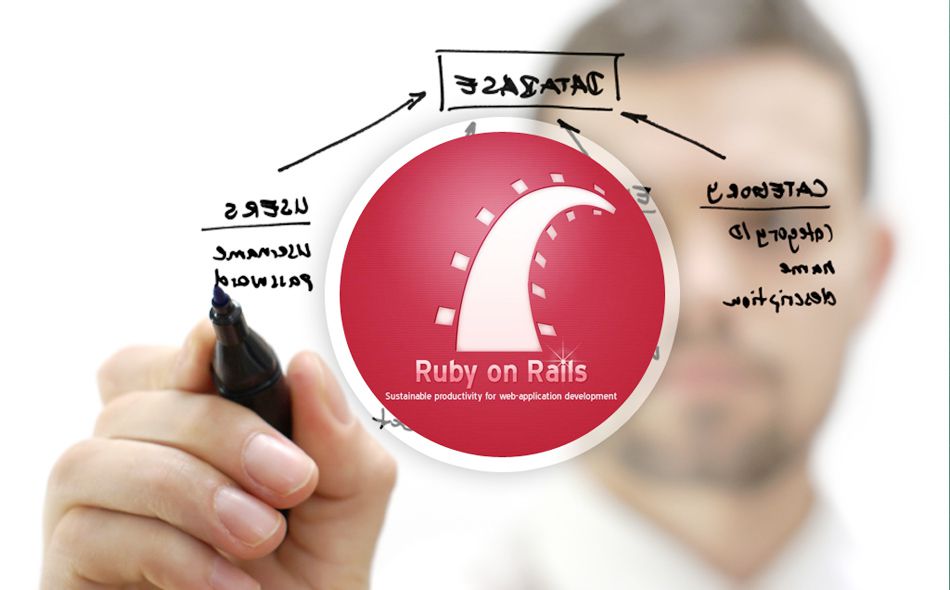Software
What are the Benefits of Ruby on Rails?

Ruby on Rails is written in Ruby, a dynamic, general purpose programming language. Many entrepreneurs and non-developers often confuse the two, thinking Rails when hearing Ruby but rarely the other way around.
This may be brought on by the fact that the majority of Ruby developers use Ruby on Rails framework for development. Further, Ruby as a programming language really only gained momentum following the launch of Ruby on Rails.
Of course, there are other frameworks based on Ruby, but their popularity with developers, as well as the number of active contributors are both pretty low when compared to Ruby on Rails. We’ll take a closer look at that later on in the article.
This isn’t to say that other Ruby frameworks are necessarily lower in quality than Rails. Quite the opposite, actually they were built to respond to very specific use cases, and often outperform Rails at them. Rails, however, will be a good fit for the majority of projects that call for using a Ruby framework.
Benefits of Ruby
It’s possible that nobody would even know about the benefits of Ruby if it weren’t for Rails itself. Some people like to belittle Ruby by saying that it’s “so easy for Ruby” with its “knight in shining armour called Rails” and that without Rails, “Ruby would be irrelevant”. I can’t say for sure whether or not that’s true, but I do know that it would be a huge shame if the world missed out on such a superb language. The fact is: the author of Rails picked Ruby deliberately, and his ‘wild’ bet paid off with huge interest. What he saw back then, many others can see today. Ruby somehow enables programmers in a special kind of way that is so hard to explain to the ‘unwashed masses’. So, why use Ruby on Rails? Ruby makes programmers happy, as advertised.












